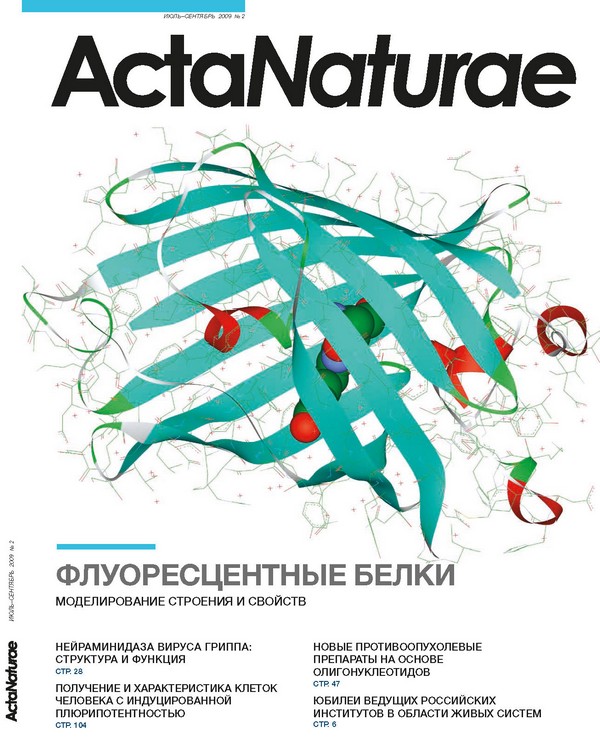Full Text
The controlled silencing of target genes is important both for molecular biological studies and for related applied sciences: in particular, modern biomedicine. Among the many gene silencing approaches (which include the use of anti-sense RN A, ribozymes, chemical blockers, and targeted mutagenesis), the most efficient approach is based on RN A-interference. RN A interference is a highly specific mechanism for the posttranscriptional silencing of target genes. It involves the degradation of the target gene mRN A. The degradation of mRN A occurs in a complex formed by short-interfering RN A oligonucleotides (siRN A) and cellular proteins such as endonucleases. The nucleotide sequence of siRN A is complementary to that of target gene mRN A. In the past couple of years, the use of siRN A has become widespread in studies of gene functioning and gene interaction. The use of siRN A as next generation therapeutic agents in biomedicine is also being explored. It is possible that, in the near future, siRN A will be used for treating viral and oncological diseases. Currently, short synthetic 21–22-bp double-stranded siRNA molecules are widely used to silence mammalian genes. A number of commercial firms synthesize siRN A oligonucleotides. These commercial firms have siRN A design tools available on their websites (e.g., www.qiagen.com). Synthetic siRN A oligonucleotides are transferred into cells in vitro by lipofection. Since siRN A induces the degradation of mRN A (and not the protein directly), the silencing effect does not occur immediately after cell transfection. The silencing effect is generally noticeable within 18 hours of transfection: however, in the case of stable proteins, the silencing effect may be noticeable only 24–48 hours after transfection. The longevity of siRN A silencing is comparatively short, and different sources claim that the silencing effect lasts for 3–5 cell divisions. It should be noted that the longevity of siRN A silencing may depend on many factors, in particular the nature of the cells being transfected. Approaches have been developed to synthetically modify siRN A oligonucleotides, which enhance the longevity of siRN A silencing in cells. Such synthetically modified siRN A oligonucleotides are useful for the post-transcriptional silencing of genes that encode proteins with a long half-life.
About the authors
Engelghardt Institute of Molecular Biology, Russian Academy of Sciences; Institute of Chemical Biology and Fundamental Medicine, Siberian Branch, Russian Academy of Sciences
ul. Vavilova 32, Moscow, 119991; Lavrentiev pr. 8, Novosibirsk, 630090
Engelghardt Institute of Molecular Biology, Russian Academy of Sciences; Institute of Chemical Biology and Fundamental Medicine, Siberian Branch, Russian Academy of Sciences
ul. Vavilova 32, Moscow, 119991; Lavrentiev pr. 8, Novosibirsk, 630090
Engelghardt Institute of Molecular Biology, Russian Academy of Sciences; Institute of Chemical Biology and Fundamental Medicine, Siberian Branch, Russian Academy of Sciences
ul. Vavilova 32, Moscow, 119991; Lavrentiev pr. 8, Novosibirsk, 630090
Engelghardt Institute of Molecular Biology, Russian Academy of Sciences; Institute of Chemical Biology and Fundamental Medicine, Siberian Branch, Russian Academy of Sciences
ul. Vavilova 32, Moscow, 119991; Lavrentiev pr. 8, Novosibirsk, 630090
Engelghardt Institute of Molecular Biology, Russian Academy of Sciences; Institute of Chemical Biology and Fundamental Medicine, Siberian Branch, Russian Academy of Sciences
ul. Vavilova 32, Moscow, 119991; Lavrentiev pr. 8, Novosibirsk, 630090
Engelghardt Institute of Molecular Biology, Russian Academy of Sciences; Institute of Chemical Biology and Fundamental Medicine, Siberian Branch, Russian Academy of Sciences
ul. Vavilova 32, Moscow, 119991; Lavrentiev pr. 8, Novosibirsk, 630090
Engelghardt Institute of Molecular Biology, Russian Academy of Sciences; Institute of Chemical Biology and Fundamental Medicine, Siberian Branch, Russian Academy of Sciences
Email: prasolov@eimb.ru
ul. Vavilova 32, Moscow, 119991; Lavrentiev pr. 8, Novosibirsk, 630090







